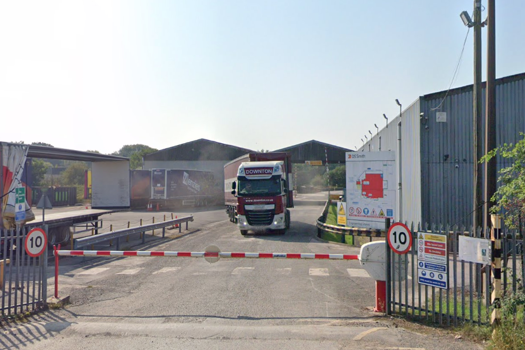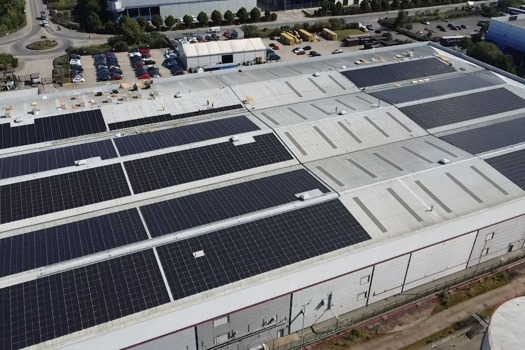The proposals, which will affect all printers, will see limits reduced to even lower than those originally set out in the European Commissions Solvent Emissions Directive (SED), and could lead to further large capital expenditure for businesses.
For example, the emission limit for volatile organic compounds (VOCs) for rotogravure, flexography, laminating and varnishing is set at 100g/m in the EC Directive, but the UK Government proposes to halve this figure.
BPIF public affairs officer Laura Jackson said the reductions would place more pressure on small businesses at a time when profit margins were extremely low.
This year the Government will target medium to large firms, or those with a capacity of more than 200 tonnes per year, or one or two A2 presses. Next year printers with an annual consumption capacity of 25-200 tonnes of solvents will be targeted.
The BPIF and FPA are urging the Government to reconsider the interpretation of capacity, as the definition does not take into account that businesses do not work 24 hours a day, 365 days a year. They say the criteria should be based on consumption, not capacity.
FPA director Martin Unwin said his members had already reduced solvent emissions by 80% since 1999, at a cost of just over 20m, while annual costs from higher energy usage had risen by 1.5m.
This can only help encourage further investment outside of the UK, he said.
Have your say in the Printweek Poll
Related stories
Latest comments
"Gosh! That’s a huge debt - especially HMRC! It’s a shock that HMRC allowed such an amount to be accumulated."
"Whatever happened to the good old fashioned cash job! At least the banks didn't take 2-3% of each sale. After 30 odd transactions that £100 quid you had has gone."
"It's amazing what can be found on the "web" nowadays!"
Up next...

Replacement 'will be operational later this year'
Walstead makes decision on Bicester 64pp

'Ridiculous decision'
Unite “prepared to fight” on proposed DS Smith site closure

Also helps mitigate volatile energy prices



